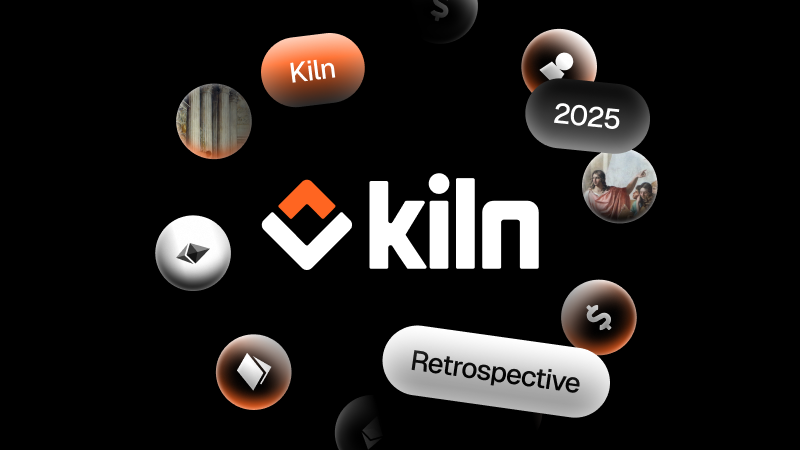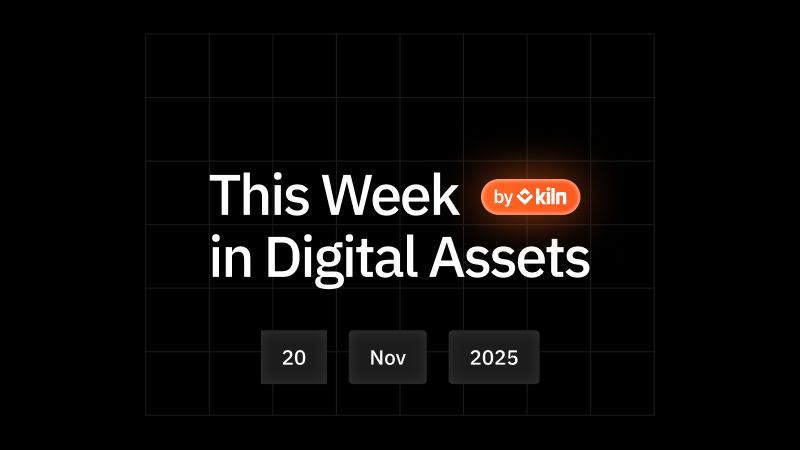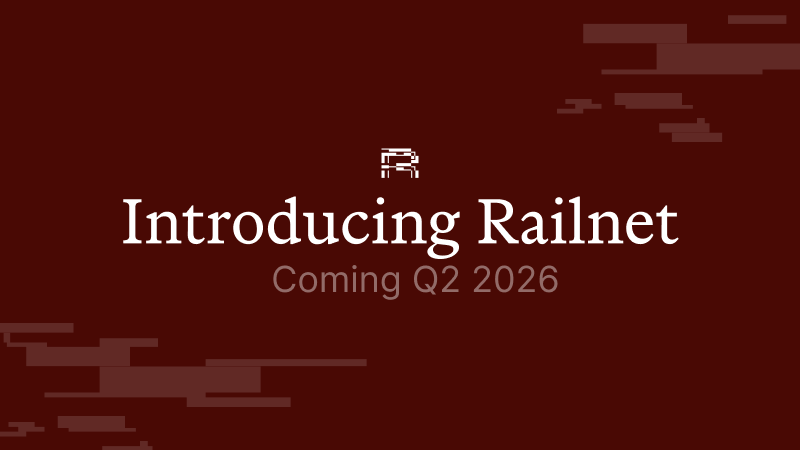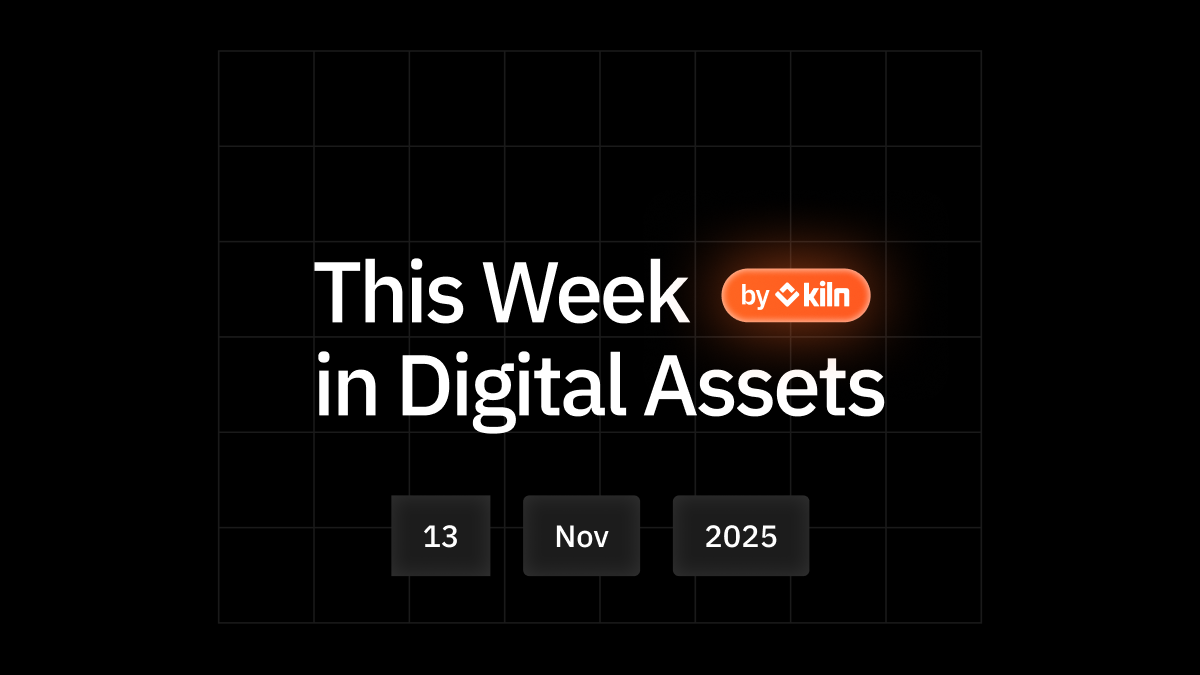Bitcoin introduced the Proof-of-Work (PoW) mechanism, a groundbreaking cryptographic consensus that underpins the network’s security and integrity. By demonstrating evidence of their “work” every 10 minutes (viewed as a recurring mathematical race for every block), a “miner” is rewarded with BTC (bitcoin) for this effort.
As the cryptocurrency landscape evolved, the concept of staking, predominantly associated with Proof-of-Stake (PoS) systems and derivatives such as Delegated-Proof-of-Stake (dPoS), has become increasingly popular. Staking involves locking up native tokens (i.e. ETH) to earn the right to participate in the security of a protocol. As of today, Bitcoin remains the only top crypto by market cap with a PoW consensus mechanism, with Ethereum having transitioned from PoW to PoS through the Merge and Shapella updates.
There's an ongoing debate over which system offers more security, but it's clear that their approaches to validating transactions are quite different:
- In PoW, miners expend energy to produce bitcoins, which they then sell to cover their expenses and make a profit.
- On the other hand, PoS participants lock up a portion of their capital to gain validation power, earning staking rewards in the process.
Despite Bitcoin's lack of inherent staking rewards, innovative protocols are now emerging that allow Bitcoin to leverage its security features while enabling its native asset to earn rewards. This development extends Bitcoin's utility beyond just being a store of value.
Understanding Bitcoin staking
Bitcoin staking sets itself apart from traditional staking mechanisms found in PoS systems. It is important to note that it does not involve Bitcoin transitioning from PoW to PoS, as Ethereum did.
In this context, Bitcoin holders can directly participate in staking processes that earn rewards without the necessity to convert or bridge their BTC to other assets or blockchains. The rewards and staking methodologies vary across different protocols, as we describe in the rest of the post.
Bitcoin staking provides increased utility for bitcoins that are not being actively used and enhances the security and decentralization of other blockchain networks. This is achieved by leveraging Bitcoin’s robust security features rather than creating separate infrastructures for each network or application.
What are the various Bitcoin staking protocols?
Babylon
Announced in July 2023, Babylon introduces a distinctive framework that facilitates direct Bitcoin staking, setting itself apart with a unique reward system and staking mechanics. This innovative approach allows Bitcoin holders to actively engage in the security of PoS networks without the need for intermediaries, establishing a new standard in the staking landscape.
Babylon presents an exclusive Bitcoin staking protocol that enables Bitcoin holders to earn staking rewards without relying on a centralized third party or transferring their Bitcoin to different chains. Users secure their Bitcoins in a self-custodial manner, using them to validate PoS chains and earn staking rewards. Babylon emphasizes trustlessness, fast unbonding, and scalable restaking, aiming to boost liquidity and maximize returns. To delve deeper into this topic, consider exploring Babylon's Bitcoin staking Litepaper.
“Bitcoin is actually an excellent staking asset; it's stable, decentralized, and currently not yielding much. So why not use it to secure other PoS chains? This is the new concept we've named Bitcoin staking.” – David Tse, Babylon Founder, at Kiln Rendez-Vous 2023
Botanix
Botanix is an EVM Layer 2 built on top of Bitcoin, leveraging the strengths of Bitcoin and the Ethereum virtual machine.
At its core, Botanix Labs is creating a Layer 2 ecosystem named Spiderchain, which integrates a decentralized EVM with Bitcoin, introducing an innovative staking mechanism. This system allows users to stake Bitcoin and earn staking rewards through decentralized applications on Spiderchain.
A key focus for Botanix is security; it incorporates the concept of forward security to protect users' assets even in scenarios where a malicious entity obtain a majority stake. By linking with Bitcoin, Botanix leverages the robust security attributes of Bitcoin's PoW, all without necessitating any consensus changes to Bitcoin itself. For a deeper understanding, delve into their whitepaper.
Stroom
Stroom is a liquid staking derivative protocol for the Bitcoin Lightning Network operating on EVM-based blockchains like Ethereum. The project's focus on technology and user experience differentiates it from its competitors.
The Stroom Network enables Bitcoin staking by connecting with the Bitcoin Lightning Network and Ethereum-based blockchains. It allows users to simultaneously earn fees from the Lightning Network and yields from decentralized finance (DeFi). By staking Bitcoin, users receive stBTC, a liquid token on the Ethereum network, ensuring they can stay liquid while participating in DeFi activities.
Stroom prioritizes non-custodial staking, aiming to offer a secure and user-friendly staking experience without locking up users' Bitcoin. For more detailed information, consider exploring their whitepaper.
CoreDAO
CoreDAO's staking protocol is designed with a strong focus on robust security measures and a transparent reward distribution mechanism.
This commitment to creating a secure staking environment aligns well with users who place a high value on safety and clarity in their staking activities. Learn more through CoreDAO’s whitepaper.
Stacks
Although Stacks isn't a direct Bitcoin staking protocol, it offers a unique proposition where users stake STX tokens to earn BTC rewards. This method provides an alternative pathway for Bitcoin utilization and network participation.
Stacks serves as a Layer 2 solution on Bitcoin, facilitating smart contracts, dApps, and DeFi while capitalizing on Bitcoin's security features. It introduces a novel consensus mechanism known as Proof of Transfer, connecting directly to Bitcoin's blockchain.
By participating in the “Stacking” consensus mechanism—where they lock up their STX tokens—users can earn BTC as rewards. This setup provides a solid platform for developers and users to create and interact, leveraging Bitcoin's inherent security and network.
The recent Nakamoto upgrade on Stacks has boosted the network speed and efficiency by optimizing block times and separating Stacks block production from Bitcoin's block intervals. Consequently, the Stacks network now offers enhanced security and transaction reliability, increasing its appeal to developers and users.
Since early March, Kiln has been one of their signers. For additional details, refer to their whitepaper.
Summary

What is Kiln's position on Bitcoin Staking and how do we prepare?
As a pioneer in blockchain infrastructure, Kiln diligently observes and assesses the ever-changing trends and various initiatives in the staking arena, including the emerging Bitcoin staking projects.
Our strategy involves providing well-informed insights and preparing our platform to back the most promising and dependable staking (and restaking) protocols. By aligning with the best practices and breakthroughs in the sector, Kiln is dedicated to enabling secure and lucrative staking options for our institutional clients.
Coming back to Babylon introduction in 2023 by David Tse, Babylon Founder, at Kiln office during Kiln Rendez-Vous EthCC6.
Bitcoin staking emerges as a compelling narrative within the cryptocurrency domain, offering fresh perspectives on asset utilization and network participation. The discussed protocols exemplify the diversity and potential of Bitcoin staking, heralding a new era of engagement for Bitcoin holders. As the environment progresses, Kiln stays ahead, ready to embrace and contribute to the future of Bitcoin staking.
About Kiln
Kiln is the leading enterprise-grade staking platform, enabling institutional customers to stake assets and whitelabel staking functionality in their offerings. Kiln runs validators on all major PoS blockchains, with over $7 billion in crypto assets being programmatically staked and running over 4% of the Ethereum network on a multi-client, multi-cloud, and multi-region infrastructure. Kiln also provides a validator-agnostic suite of products for fully automated deployment of validators and reporting and commission management, enabling custodians, wallets, and exchanges to streamline staking operations across providers. Kiln is also SOC2 Type 2 certified.
About Kiln
Kiln is the leading staking and digital asset rewards management platform, enabling institutional customers to earn rewards on their digital assets, or to whitelabel earning functionality into their products. Kiln runs validators on all major PoS blockchains, with over $11 billion in crypto assets being programmatically staked and running over 5% of the Ethereum network on a multi-client, multi-cloud, and multi-region infrastructure. Kiln also provides a validator-agnostic suite of products for fully automated deployment of validators and reporting and commission management, enabling custodians, wallets, and exchanges to streamline staking or DeFi operations across providers. Kiln is SOC2 Type 2 certified.


















